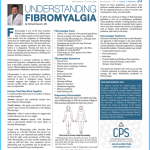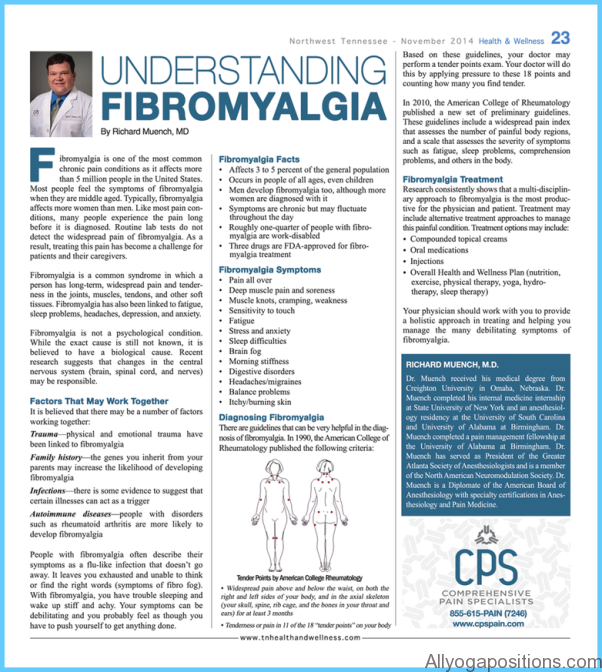While there isn’t one specific food or eating plan that’s guaranteed to lessen pain, there are important points to remember when it comes to nutrition and how you feel, inside and out. Remember, your goal is to create positive neuroplastic changes that will turn the tide in your brain, and leave you with a more vibrant body. What you choose to eat can influence this process by boosting brain activity, lowering inflammation, and shifting the balance of the flora in your intestines. It can also reduce excess weight, which can do much to alleviate your pain.
Develop a Pain-Relief Nutrition Plan Photo Gallery
There is much to learn from the eating habits and lifestyles of people in certain cultures who traditionally live longer and experience far fewer chronic diseases. Those who live in countries bordering the Mediterranean Sea are one such example. The Mediterranean diet (which is really an eating style) got its name more than 50 years ago when researchers noticed that people living on the Greek island of Crete had long lives and low rates of heart disease and cancer, even though they consumed plenty of fat. At the time, fat was thought to be the number one cause of diet-related disease. Part of the secret of the Mediterranean diet, we’ve come to discover, has to do with the kind of fat they use: olive oil. A monounsaturated fat, olive oil helps lower LDL cholesterol, and contains antioxidants that prevent the buildup of plaque on artery walls and fight free-radical damage throughout the body.
Of course there’s a lot more to the Mediterranean diet than olive oil. It emphasizes fresh fruits and vegetables, fish, whole grains, nuts, and legumes. Cheese and yogurt are included on a daily basis, as well as small amounts of poultry and eggs. And a daily glass of red wine (which is high in antioxidants) can also be added. However, red meat and saturated fat are eaten rarely, and only in small quantities.
The Mediterranean diet should be of particular interest to chronic pain patients because it helps ease the pain of inflammatory diseases (especially rheumatoid arthritis) by curbing inflammation, possibly because its high antioxidant content diminishes the pro-inflammatory effects of glial cells. New research also suggests that the Mediterranean diet counteracts the effects of aging on the brain and the boosting of gray matter—the opposite of what occurs in chronic pain: accelerated brain aging and diminished gray matter. Researchers have found that those who consume the Mediterranean diet also have lower body weights, and decreased risks of developing dementia, depression, heart disease, and cancer.










